Chlamydia: Home Remedies, Causes, Symptoms, And Prevention
Watch out for the common signs to detect the condition and ways to deal with them.
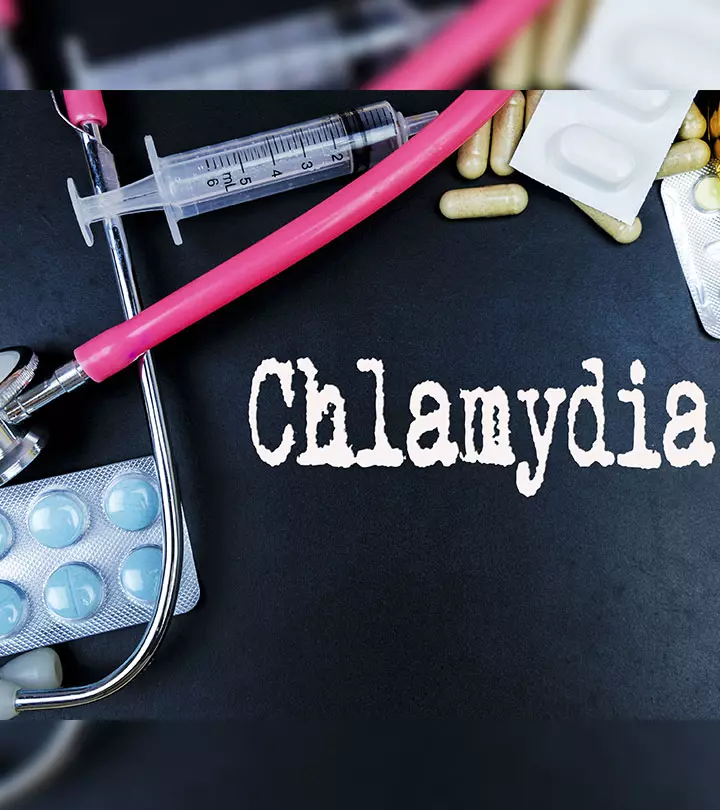
Image: Shutterstock
Chlamydia is a sexually transmitted disease, and in most cases, you can get rid of chlamydia with proper treatment and medication. This sexually transmitted infection (STI) was first reported in 1984, and since then, the number of cases has steadily increased (1). The CDC reported 1.8 million cases of chlamydia in the U.S. in 2019, with an increase of 19% compared to 2015 (2). Chlamydia does not have distinct symptoms initially and may often remain undetected until you experience serious complications.
This article discusses the causes, symptoms, risks, and remedies of chlamydia and explains the preventive measures to deal with it. Take a look.
In This Article
What Causes Chlamydia
Chlamydia is a genital infection caused by a type of bacteria known as chlamydia trachomatis.
This bacteria is usually found in soft and moist parts of the body such as your genitals, anus, eyes, and throat (3). Chlamydia can be transmitted through any sort of sexual activity with an infected person and women with chlamydia might pass it on to their newborns during childbirth (4). Although the disease is easily curable, it has no particular symptoms and hence tends to go undiagnosed leading to further complications thereafter.
Shan Boody, a clinical sexologist, shared her story of surviving chlamydia in her video. She further elaborated on how she contracted the condition. She said, “I tested positive for chlamydia. How is it possible? I had just been tested. That’s how I found out that my monogamous relationship was anything but (i).”
If you are wondering about how to get rid of chlamydia at home, scroll down to the next section to know more!
 Did You Know?
Did You Know?Key Takeaways
- Chlamydia is a sexually transmitted disease caused by a type of bacteria called Chlamydia trachomatis.
- This disease has no particular symptoms but can lead to serious complications if left untreated.
- Home remedies with antibacterial properties like garlic, goldenseal, and turmeric may help treat chlamydia.
- Azithromycin, Doxycycline, and Levofloxacin are some common medications prescribed for this STD.
Home Remedies For Chlamydia
Certain home remedies with antibacterial properties might be useful while dealing with the initial stages of the infection. If you doubt something is off, you can start with the below home remedies to get rid of chlamydia while you wait to consult your doctor.
- Garlic
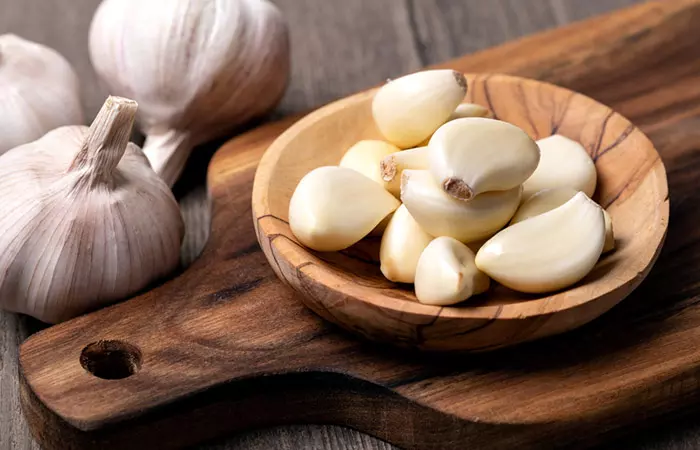
Garlic contains active compounds such as allicin which is known to have antibacterial and anti-inflammatory effects (6). When garlic is crushed or chopped and left for 10 minutes, it allows enzymes to form the antibacterial allicin. With its proven antifungal properties, garlic is considered one of the effective home remedies for yeast infections. It might help manage discomfort caused by chlamydia.
- Echinacea
Echinacea is a flowering plant best known to be used as a natural remedy for snake bites, cold, cough, flu, pain, and intestinal upset (7). Echinacea has also been found to be effective against STDs, a natural cure for chlamydia and gonorrhea symptoms (8). Echinacea extract has been shown to boost immunity and help fight certain viral and bacterial infections. While it might help you calm certain symptoms of chlamydia, it is best done in conjunction with antibiotics.
- Goldenseal
Goldenseal is a known natural antibiotic that is used as an immune system stimulant.
Goldenseal is rich in a plant
alkaloid called berberine, which is known for its antimicrobial properties against bacteria (including chlamydia) and viruses (9) (10). Goldenseal pills or extracts can thus help relieve the symptoms of chlamydia.
- Turmeric

Turmeric with its natural antioxidant and anti-inflammatory properties has been shown to provide numerous health benefits. Curcumin, a plant chemical in turmeric, has many therapeutic properties (11). Studies have found that a topical ointment containing curcumin along with a few other plant compounds has inhibitory effects on chlamydia in lab tests (12). Hence, it can be used safely to relieve initial symptoms at home.
- Diet
Your diet plays a vital role in building your immunity.
A diet rich in probiotics, herbs, fruits, and vegetables helps build a strong immune system that keeps infections at bay (13). Also, what you eat before, after, and while taking antibiotics helps restore the healthy gut bacteria, and limit the side effects. Consuming probiotic-rich foods and drinks like kefir, kombucha, etc along with the other natural treatments for chlamydia would help relieve the symptoms faster (14).
 Did You Know?
Did You Know?While the natural ways to get rid of chlamydia might provide initial relief, you must get yourself checked by a doctor to avoid further complications. Antibiotics are usually the most effective line of treatment in curing chlamydia completely.
OTC Medicines
Chlamydia is easily curable and can be effectively treated with antibiotics based on the age of the person and type of infection. Below are a few of the antibiotics commonly prescribed for chlamydia treatment (16).
- Azithromycin 1 g
- Doxycycline 100 mg
- Erythromycin base 500 mg
- Erythromycin ethyl succinate 800 mg
- Levofloxacin 500 mg
- Ofloxacin 300 mg
You might be prescribed different antibiotics, if you have certain allergies or if you are pregnant or breastfeeding. The course of antibiotics depends on the stage and progression of the infection as well.
It is important to complete the entire course of antibiotics prescribed by your doctor, even if you start to feel better. Stopping the medication early can lead to incomplete treatment, allowing the infection to persist or worsen. Additionally, discontinuing the medication before you heal completely can contribute to the development of antibiotic resistance, making infections harder to treat in the future.
Since recurrence of chlamydia infection is common, it is advisable to get yourself and your partner retested again after 3 months of the treatment.
Chlamydia Symptoms

Chlamydia can affect anyone who is sexually active and can pass on from an infected person to their partner or from mothers to newborn infants during childbirth. Chlamydia as such doesn’t have any noticeable symptoms and hence might go undiagnosed for long. Therefore, it becomes important to be observant of any concerning changes wrt your private parts, discharge, or urine to have it diagnosed and treated at the earliest.
You might start to see these changes as the infection goes untreated or because of any other complications arising thereof. It’s therefore advisable to get a medical checkup done as soon as you notice any of the following:
- Pain or burning during urination
- Painful sexual intercourse
- Bleeding after intercourse
- Lower abdominal or back pain
- Intermenstrual spotting or bleeding (bleeding between periods)
- Abnormal vaginal discharge with a foul odor
- Fever and nausea
- Abnormal penile discharge such as pus or watery/milky fluid
- Swollen/sensitive testicles
- Pain in or around the anus
- Anal discharge or bleeding
- Redness, itching, or discharge from the eyes (if the eyes are infected) (17)
- Sore red throat (when the throat is infected)
You might have no symptoms with chlamydia or develop symptoms several weeks after contracting the infection. Getting yourself tested for STDs regularly is therefore of utmost importance in diagnosing chlamydia early on.
There are several methods to check for STIs, such as urine tests and swabs. These tests can be conducted in a healthcare setting or at home using FDA-approved kits.
Regular STI screenings are important, particularly for sexually active individuals under 25. Early detection and treatment can prevent the spread of infection and serious health complications.
If left untreated for a longer period, it may lead to other potentially serious complications over time.
Chlamydia Risk Factors
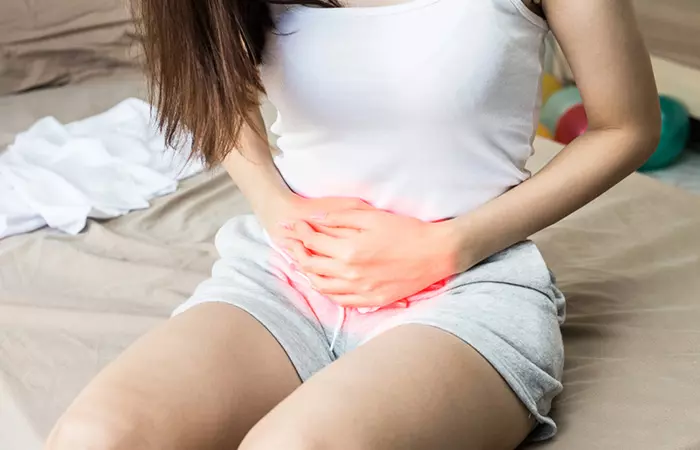
Since chlamydia has no specific symptoms, it often goes unnoticed and might lead to further complications (18). When left undiagnosed and untreated for a long time, it might lead to the following potentially serious conditions:
- Cervicitis: Painful inflammation of the cervix resulting in abdominal pain, vaginal discharge, and bleeding.
- Urethritis: Inflammation of the urethra that can be painful and cause abnormal discharge, pain during urination or intercourse, and occasionally blood in seen or urine.
- Salpingitis Inflammation of the fallopian tubes that might lead to infertility.
- Proctitis: Inflammation of the lining of the anus or rectum.
- Pelvic Inflammatory Disease (PID): Infection in the reproductive organs of women.
- Tubal Factor Infertility: PID or endometriosis can often lead to tubal factor infertility that is caused due to fallopian tube obstruction. Surgery or IVF treatments might be required to get conceive thereof.
- Ectopic Pregnancy: A fatal pregnancy that occurs outside the uterus, mostly in the fallopian tubes.
In addition to the above, maternal chlamydia can be passed on to newborns and might increase the chances of preterm birth, stillbirth, low birth weight, nasal infection, conjunctivitis, or pneumonia. Screening of pregnant women for chlamydia and other STDs is therefore very important.
Prevention Tips

The only way to prevent chlamydia for sure is to refrain from any kind of sexual activity. Though that might not be possible for most people, there are certain precautions that might help reduce the chances of contracting chlamydia.
- Using condoms and dental dams correctly while engaging in any kind of sexual activity.
- Preferring a mutually monogamous relationship.
- Getting yourself and your partner tested for any STDs at least once a year.
- Maintaining basic hygiene.
- Building immunity with a healthy balanced diet.
- Consider getting vaccinated against HPV and hepatitis B to protect your reproductive health.
If you are being treated for chlamydia, you should wait for 2-3 weeks before resuming any sort of sexual activity. You should also get your partner checked and treated for the same even if there are no symptoms, as the infection tends to go back and forth. You should get yourself checked again in 3-4 months to make sure the infection has cleared up completely.
Untreated chlamydia can lead to long-term complications. We have discussed the same in the following section.
Chlamydia Long Term Effects
- Pelvic Inflammatory Disease (PID): Chlamydia can lead to PID, which causes chronic pelvic pain, infertility, and an increased risk of ectopic pregnancy in women (19).
- Infertility: Untreated chlamydia can result in fallopian tube scarring in women and cause difficulties conceiving (20).
- Testicular Infection: Men who have chlamydia can develop epididymitis, a painful testicular infection that may affect fertility (21).
- Risk Of STIs: Chlamydia increases susceptibility to other sexually transmitted infections (STIs), including HIV (22).
- Pregnancy Complications: Pregnant women with untreated chlamydia can transmit the infection to their newborns and cause eye infections or pneumonia (20).
Infographic: 4 Home Remedies To Treat Chlamydia
Chlamydia is one of the most common sexually transmitted diseases (STDs) caused by the chlamydia trachomatis bacteria and transmitted through unprotected sex. This can cause a burning sensation while urinating or unusual discharge from the genitals. You can use simple kitchen ingredients along with antibiotics to manage the symptoms. Check out the infographic below to learn more.
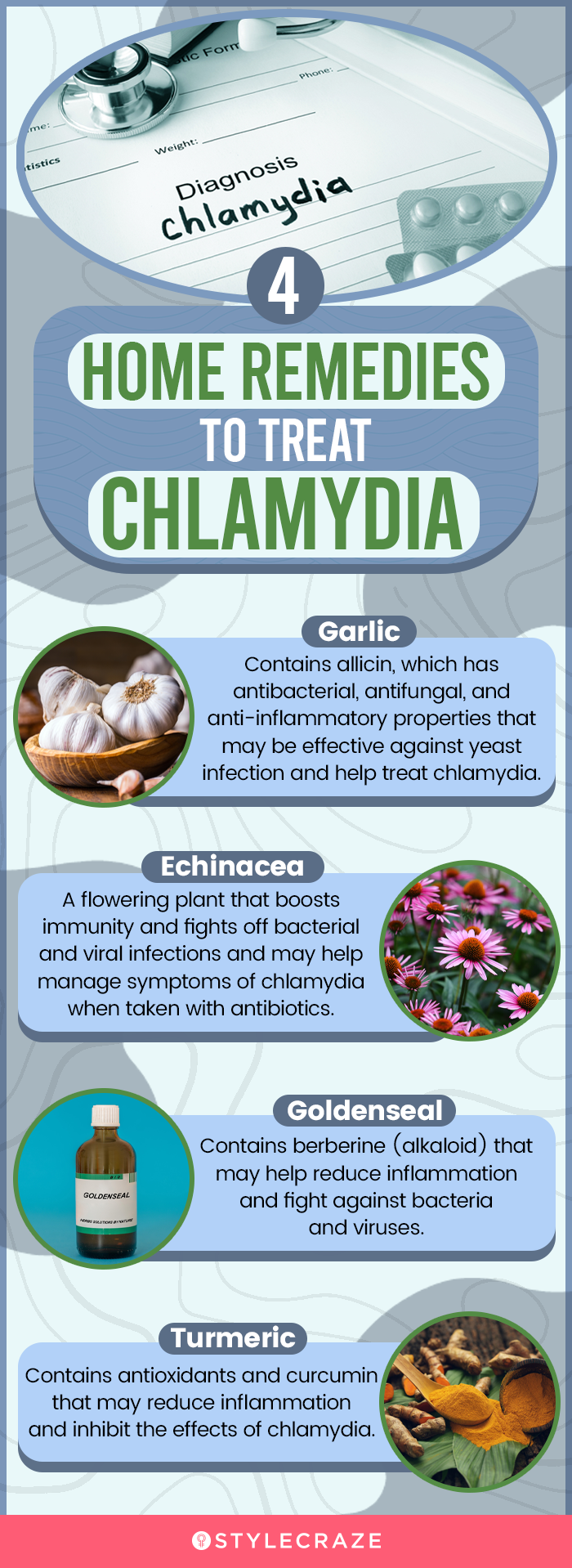
Illustration: StyleCraze Design Team
Chlamydia is a sexually transmitted disease. It has no obvious symptoms and thus often goes unnoticed. This leads to delayed medical intervention. However, it is easily treatable. Following these simple home remedies can reduce the severity of chlamydia’s symptoms. These natural ingredients are packed with antimicrobial, antioxidant, or anti-inflammatory properties that may help relieve chlamydia. It is recommended that you also take your prescribed medications and these remedies to deal with this ailment effectively. Unchecked chlamydial infection can lead to other health complications. Thus, if the condition persists along with other worrying symptoms, consult your healthcare provider to get rid of chlamydia.
Frequently Asked Questions
Can chlamydia go away on its own?
No. While chlamydia’s symptoms may subside temporarily, the infection usually persists in the body without proper treatment.
Can I test myself for chlamydia at home?
Yes. You can test yourself for chlamydia at home with various OTC test kits that provide fast results.
What does chlamydia urine look like?
If you have chlamydia, your urine may look cloudy due to pus. Traces of blood in the urine may also make it look brownish red.
Learn everything you need to know about chlamydia and prioritize your sexual health. Discover symptoms, testing, treatment, and prevention methods in this informative video. Take control of your well-being today!
Personal Experience: Source
StyleCraze's articles are interwoven with authentic personal narratives that provide depth and resonance to our content. Below are the sources of the personal accounts referenced in this article.
i How I Got Chlamydiahttps://www.youtube.com/watch?v=64lYLE5OHRM
References
Articles on StyleCraze are backed by verified information from peer-reviewed and academic research papers, reputed organizations, research institutions, and medical associations to ensure accuracy and relevance. Read our editorial policy to learn more.
- Chlamydia – CDC Fact Sheet (Detailed)
https://www.cdc.gov/std/chlamydia/stdfact-chlamydia-detailed.htm#_ENREF_3 - Sexually Transmitted Diseases Surveillance 2019
https://www.cdc.gov/std/statistics/2019/std-surveillance-2019.pdf - Chlamydia Trachomatis Infections: Screening, Diagnosis, And Management
https://www.aafp.org/pubs/afp/issues/2012/1215/p1127.html - Chlamydia Trachomatis Urogenital Infections In Women. Best Diagnostic Approaches
https://pubmed.ncbi.nlm.nih.gov/15589784/ - Sexually transmitted infections (STIs)
https://www.who.int/news-room/fact-sheets/detail/sexually-transmitted-infections-(stis) - Allicin: Chemistry And Biological Properties
https://pubmed.ncbi.nlm.nih.gov/25153873/ - Use Of Echinacea In Medicine
https://pubmed.ncbi.nlm.nih.gov/10825459/ - Applications Of The Phytomedicine Echinacea Purpurea (Purple Coneflower) In Infectious Diseases
https://www.ncbi.nlm.nih.gov/labs/pmc/articles/PMC3205674/ - Berberine And Its Pharmacology Potential: A Review
https://www.researchgate.net/publication/346439412_BERBERINE_AND_ITS_PHARMACOLOGY_POTENTIAL_A_REVIEW - Natural Products For The Treatment Of Trachoma And Chlamydia trachomatis
https://www.ncbi.nlm.nih.gov/labs/pmc/articles/PMC6272789/ - Curcumin: A Review Of Its’ Effects On Human Health
https://www.ncbi.nlm.nih.gov/labs/pmc/articles/PMC5664031/ - Potential Of A Novel Polyherbal Formulation Basant For Prevention Of Chlamydia Trachomatis Infection
https://pubmed.ncbi.nlm.nih.gov/18524545/ - Health Benefits Of Probiotics: A Review
https://www.ncbi.nlm.nih.gov/labs/pmc/articles/PMC4045285/ - Milk Kefir: Composition, Microbial Cultures, Biological Activities, And Related Products
https://www.frontiersin.org/journals/microbiology/articles/10.3389/fmicb.2015.01177/full - Chlamydia
https://www.ncbi.nlm.nih.gov/books/NBK547154/ - Treatment – Chlamydia
https://www.nhs.uk/conditions/chlamydia/ - Chlamydia
https://www.ncbi.nlm.nih.gov/books/NBK8091/ - Chlamydia trachomatis infections: progress and problems
https://pubmed.ncbi.nlm.nih.gov/10081511/
Read full bio of Dr. Zeel Gandhi
Read full bio of Sanchari Bhattacharya
Read full bio of Arshiya Syeda
Read full bio of Moksha Gandhi






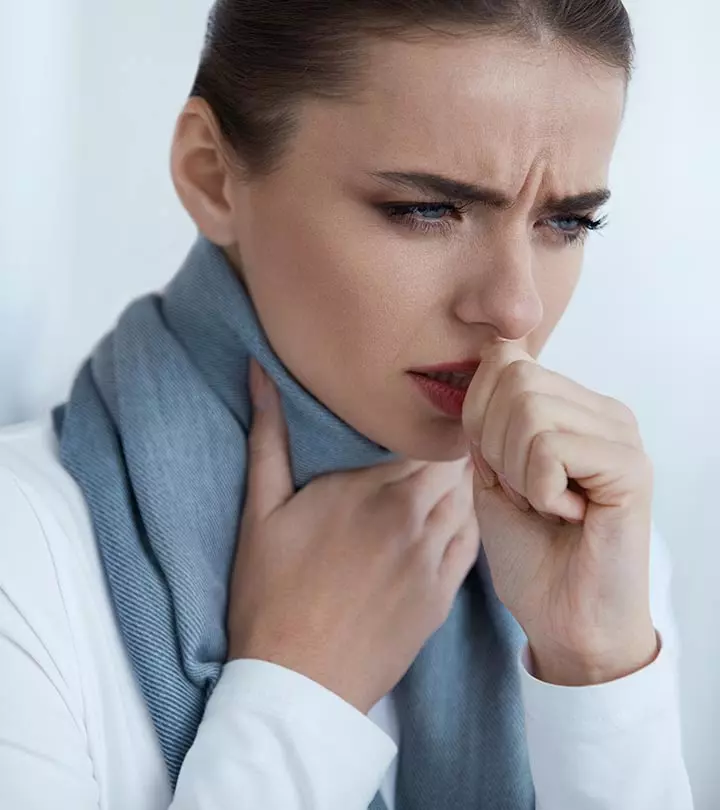

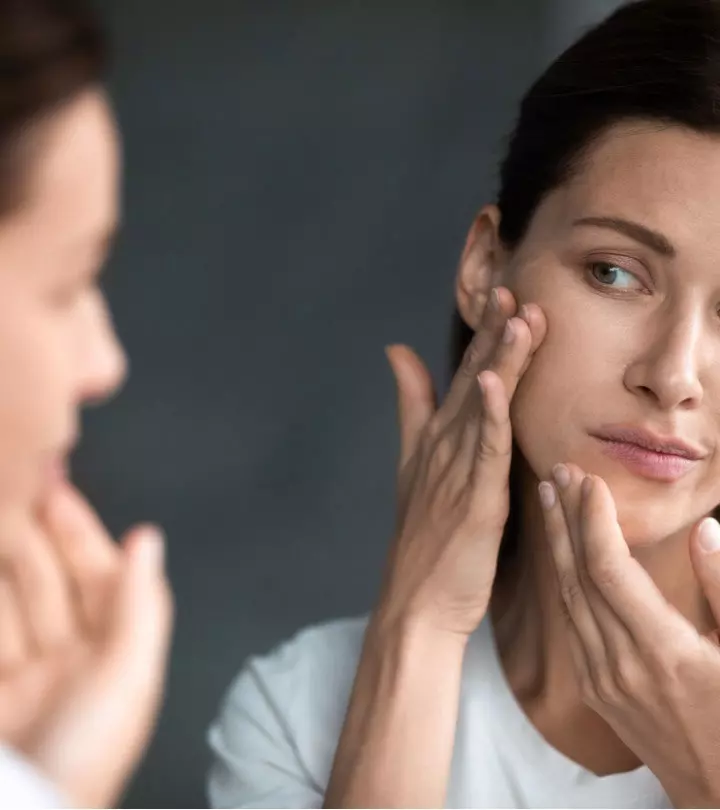
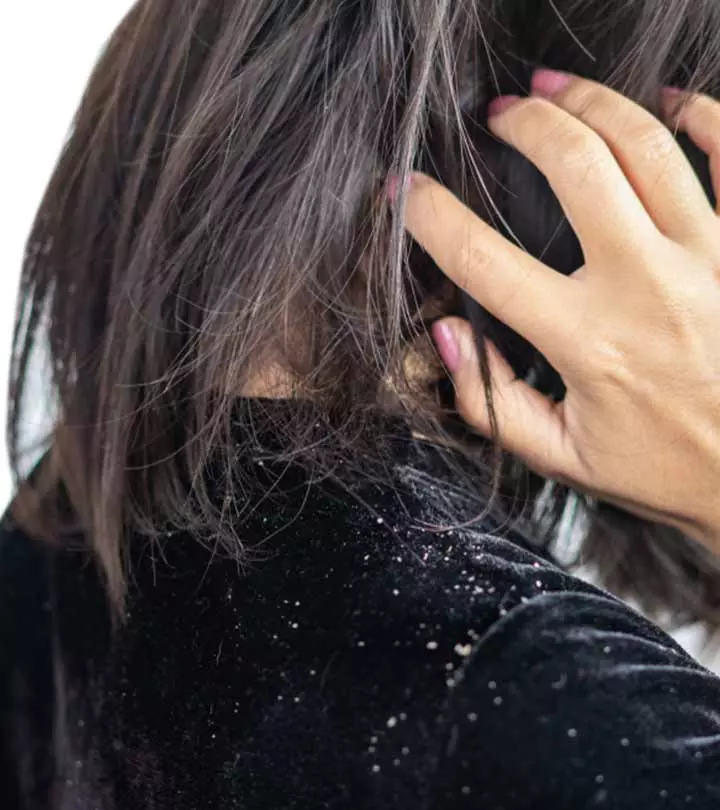


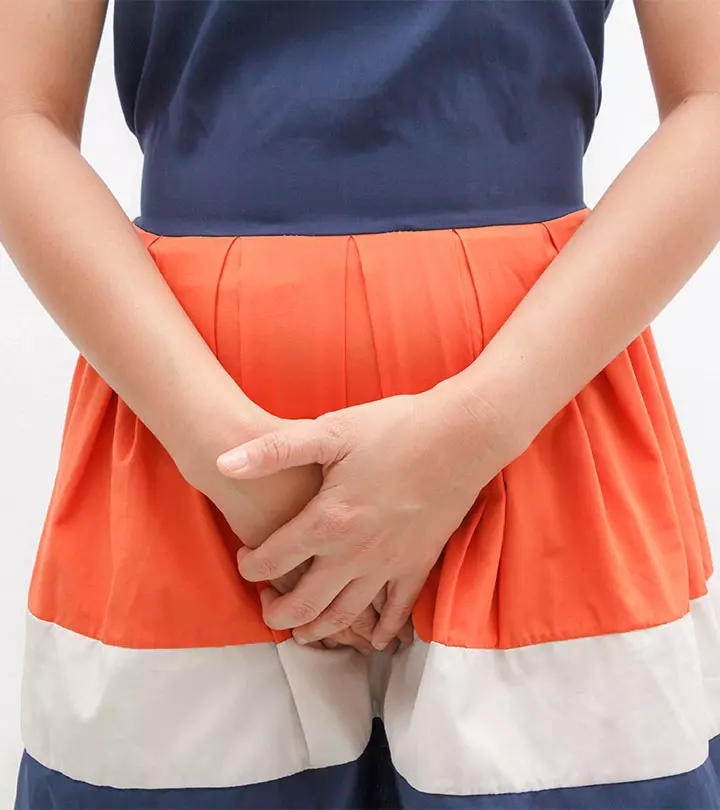
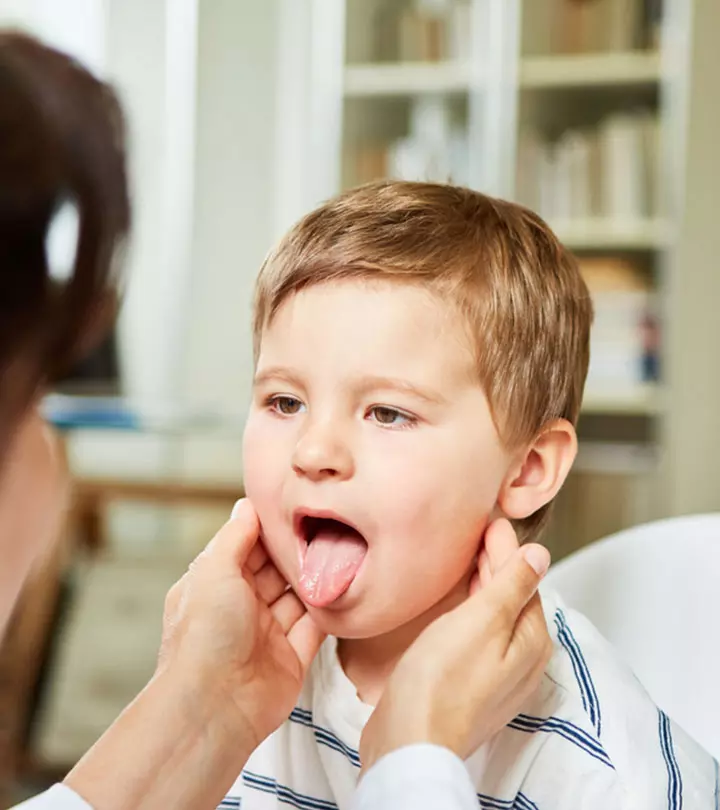

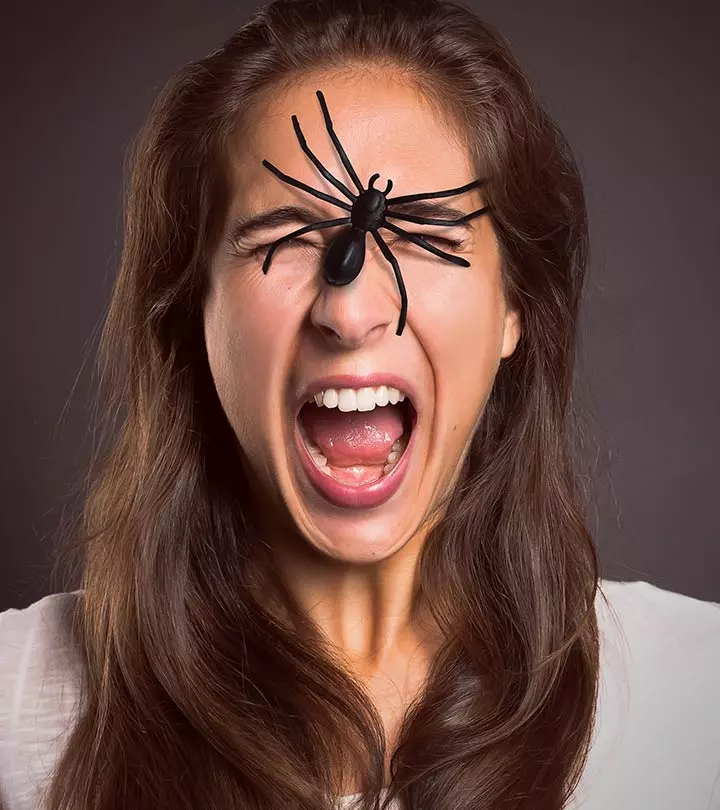
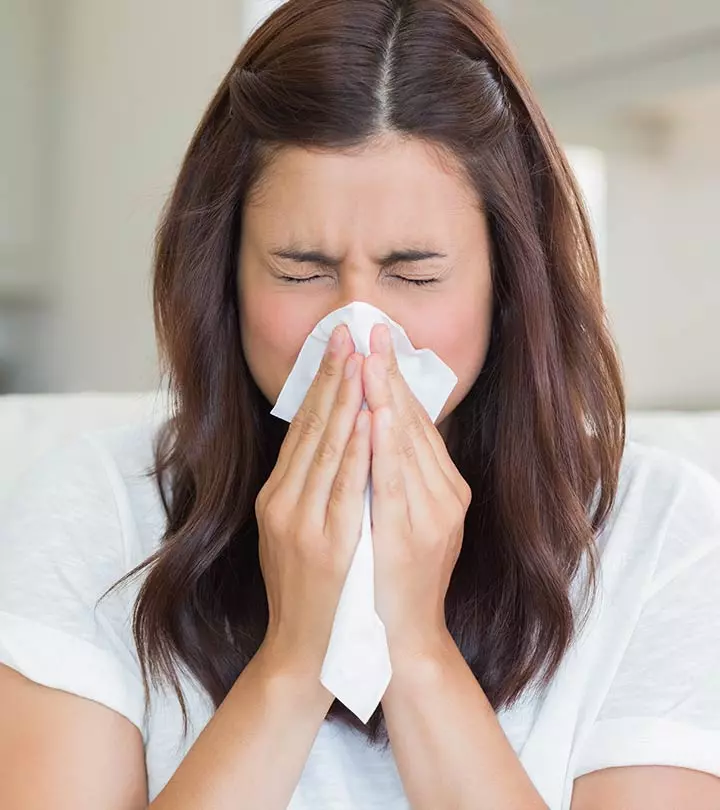


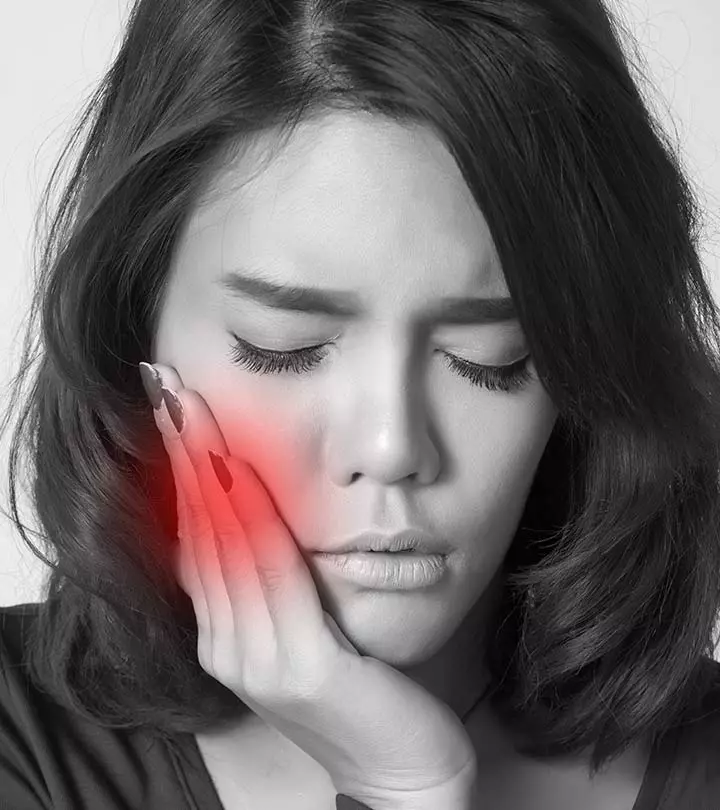

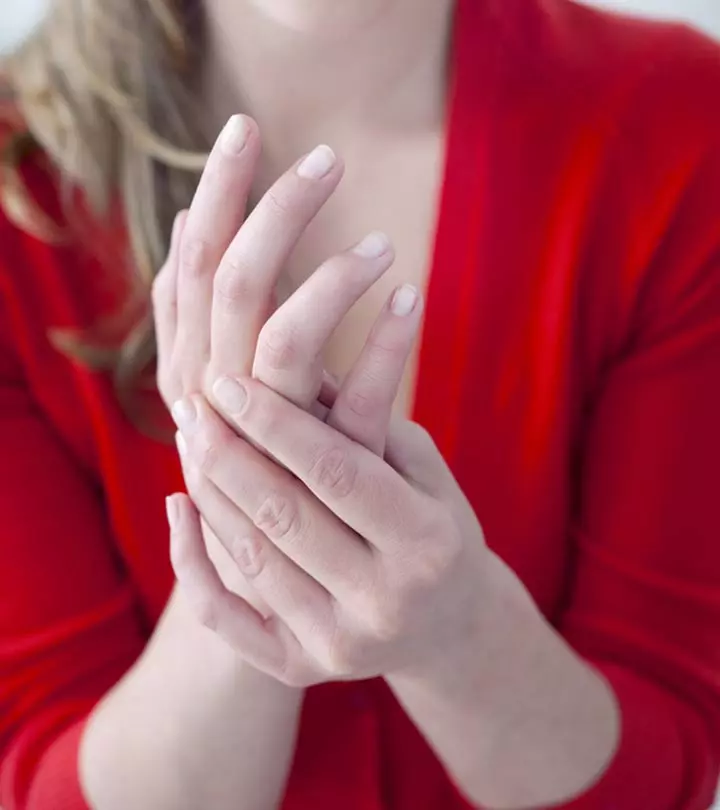

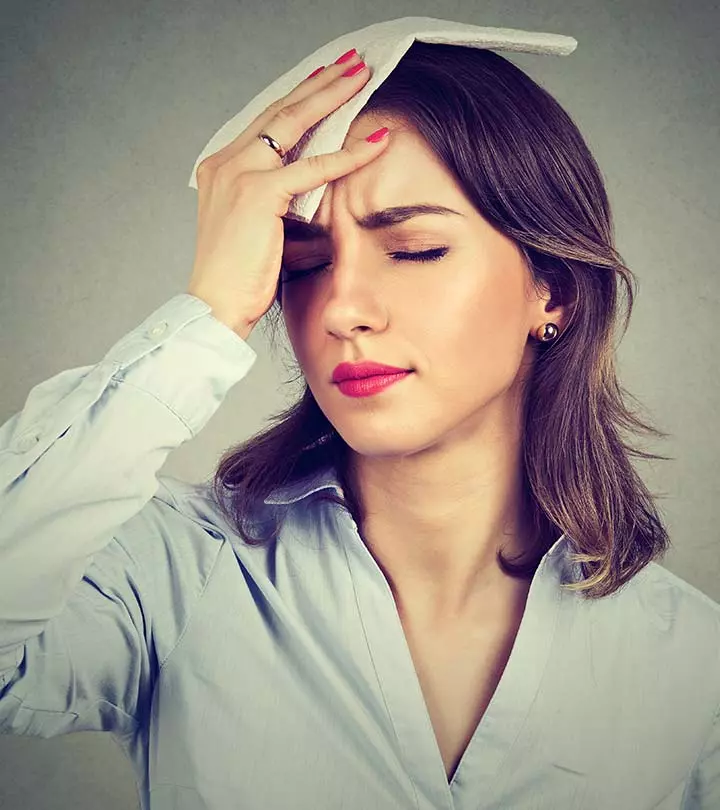

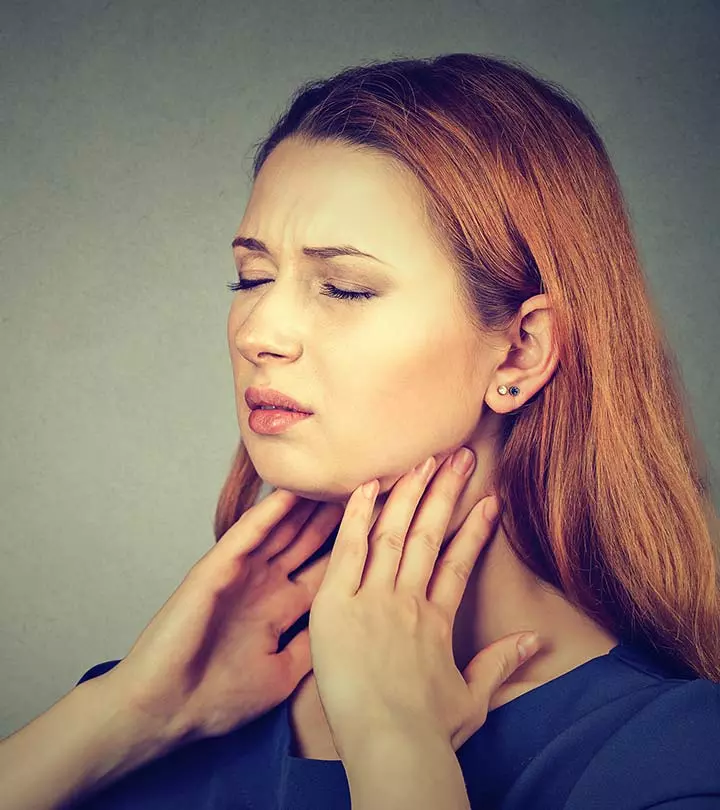
Community Experiences
Join the conversation and become a part of our empowering community! Share your stories, experiences, and insights to connect with other beauty, lifestyle, and health enthusiasts.